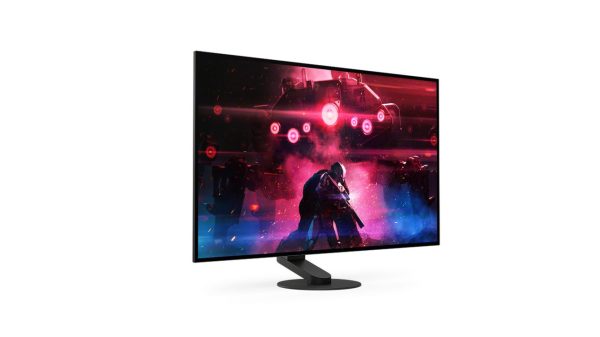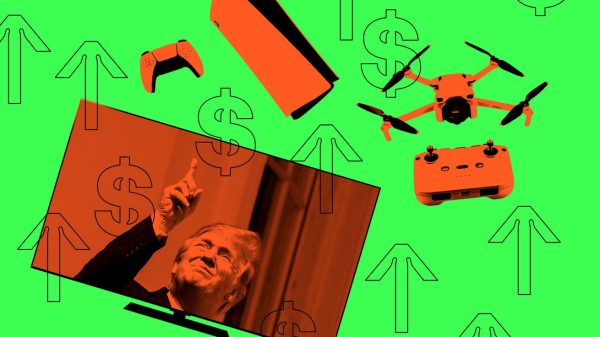Losses, losses, oh those little blighters. Life would be so much nicer without them, wouldn’t it?
When we first start trading, if a trade we liked the look of turns into a loss, it can be pretty tough emotionally. We might feel sick to our stomach, start telling ourselves “it’s not fair”, “I shouldn’t have traded that”, “ if only I’d put my stop loss further away” or “if only I’d got out sooner”.
But losses are an inevitable part of trading.
Just like the idea of death, the sooner you get used to it, the easier life becomes.
So if they are going to be around for as long as we trade the markets, how are we going to deal with them?
While there might be numerous reasons why any one trade ended up as a loss, our losses only really fall into one of 2 categories: ,losses we sustained as part of our trading plan and losses we sustained when we deviated from our trading plan.
How we deal with the first is simple. We know we traded according to our plan, we accept that a random distribution of losses is an expected result of trading our plan, we remind ourselves that this was such a loss and we move on.
If the loss was part of the latter group, then our actions are still relatively simple, but that assumes one important factor – that we honestly ,recorded our emotions when taking the trade.
I cannot stress the importance of a trading journal enough.
If you don’t have a ,trading journal, how on earth will you remember how you felt when you placed that non-plan trade?
This is where it gets really interesting because ,exploring the emotions we feel when taking non-plan trades is where the most rewarding (both personally and financially) mindset work takes place.
On re-reading your journal after the trade has been closed, you can hone in on what feelings were present. Over time you will most likely see a pattern emerging e.g. a feeling of impatience after a long period with few opportunities.
Then, next time you observe that same feeling before taking a trade you can pause, check yourself and think: “Hang on a minute, I recognise this feeling. Let’s be honest here, am I just frustrated and forcing a trade?”
Just taking that step back and remembering you have a choice, is enough to be conscious of whether the decision to trade is true to your plan or not.
In this way we can embrace losses as a powerful tool on our journey to greater profitability because each loss is a way of either
– positively reinforcing our ability to trade according to our plan or
– an opportunity to look more deeply into why we deviated from our plan, giving us a chance to make a different choice next time.
So embrace your losses and use them to your advantage!
























